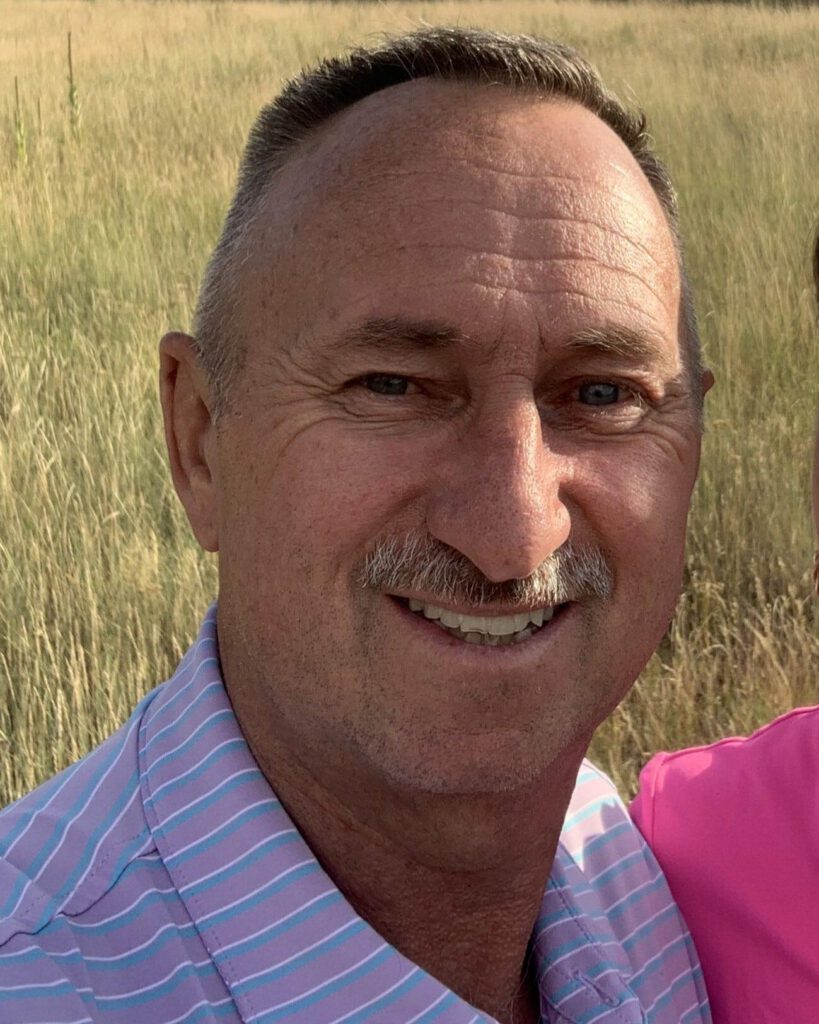Financial questions about addiction treatment: Who pays for drug rehab?


If you’re unsure of who pays for drug rehab, know this: Someone does.
Despite some of the mystique surrounding drug and alcohol treatment, it’s a medical service provided like any other. If you break your arm, the continuum of care is relatively straightforward: You go to the emergency room, you get X-rayed, you get a cast, and you’re sent home with instructions for follow-up care and/or therapy.
The problem is that addiction and alcoholism treatment “have traditionally been delivered separately from other mental health and general health care services,” according to the Surgeon General’s report “Facing Addiction in America.” However, the report goes on to add, “Substance use disorders are medical conditions and their treatment has impacts on and is impacted by other mental and physical health conditions.”
And like other medical conditions, healing and recovery from them costs money. So who pays for drug rehab? Financing can come from a variety of sources.
Insurance: The Easiest Route
 It seems rather mind-boggling that coverage of substance abuse treatment was hit or miss up until 2008, when the Paul Wellstone and Pete Domenici Mental Health Parity and Addiction Equity (MHPAE) Act was passed. According to a 2010 article in the journal Milbank Quarterly, “The MHPAE aimed to create ‘parity’ by eliminating historical differences in group health insurance coverage for mental health and substance abuse (MH/SA) benefits and medical/surgical benefits. The new law is expected to affect insurance coverage for 140 million people covered under employer-sponsored health plans and state and local government plans.”
It seems rather mind-boggling that coverage of substance abuse treatment was hit or miss up until 2008, when the Paul Wellstone and Pete Domenici Mental Health Parity and Addiction Equity (MHPAE) Act was passed. According to a 2010 article in the journal Milbank Quarterly, “The MHPAE aimed to create ‘parity’ by eliminating historical differences in group health insurance coverage for mental health and substance abuse (MH/SA) benefits and medical/surgical benefits. The new law is expected to affect insurance coverage for 140 million people covered under employer-sponsored health plans and state and local government plans.”
What does that mean for someone who has health insurance coverage? According to the U.S. Substance Abuse and Mental Health Services Administration (SAMHSA), “Parity means that financial requirements, such as copayments, and treatment limits, such as how many visits your insurance will pay for, must be comparable for physical health and MH/SUD (mental health/substance use disorder) services. Parity also applies to rules related to how MH/SUD treatment is accessed and under what conditions treatment is covered (such as whether you need permission from your health plan before starting treatment).”
Like other medical services, the same rules apply: You must meet your annual deductible, for example, and you’ll likely be charged a co-pay for addiction treatment services. But if you have private health insurance, your plan is required by federal law to offer behavioral health benefits that will allow you get the help you need for a drug or alcohol problem.
So how do you go about finding out who pays for drug rehab if you have insurance coverage? According to SAMHSA, “Call your health plan administrator or Human Resources (HR) rep for the ‘summary plan description’ and the ‘summary of benefits and coverage.’ You can usually find this number online or on the back of your health insurance card. You may also be able to check your health plan benefits online to see what MH/SUD services are covered. See if they are comparable to the benefits for physical health.”
Who Pays For Drug Rehab: The Government
 If you don’t have private health insurance and you’re wondering who pays for drug rehab, there’s good news and bad news, according to Time magazine. First, the bad: “If you have health insurance coverage the process is easier; many plans today cover substance abuse treatment.” However: “If you do not have coverage, getting treatment for addiction can be expensive but each state has funding for providing treatment to people without insurance coverage.”
If you don’t have private health insurance and you’re wondering who pays for drug rehab, there’s good news and bad news, according to Time magazine. First, the bad: “If you have health insurance coverage the process is easier; many plans today cover substance abuse treatment.” However: “If you do not have coverage, getting treatment for addiction can be expensive but each state has funding for providing treatment to people without insurance coverage.”
Many low-income Americans, for example, are covered by Medicaid, which “provides health coverage to millions of Americans, including eligible low-income adults, children, pregnant women, elderly adults and people with disabilities. Medicaid is administered by states, according to federal requirements. The program is funded jointly by states and the federal government.” In Tennessee, that program is known as TennCare, which “provides healthcare to mostly low-income pregnant women, parents or caretakers of a minor child, children and individuals who are elderly or have a disability.”
While there are income requirements to be eligible for TennCare coverage, those who do qualify are entitled to drug and alcohol treatment benefits at facilities that are in-network with the three managed care organizations that administer TennCare coverage.
However wide the public safety net is, though, there are those individuals who fall through the cracks. Fortunately, the State of Tennessee recognizes the need for effective drug and alcohol treatment for those individuals as well: “The Tennessee Department of Mental Health and Substance Abuse Services receives the Substance Abuse Prevention and Treatment Block Grant (SABG) from the U.S. Department of Substance Abuse and Mental Health Services Administration (SAMHSA) to provide prevention, treatment and recovery support services, and activities for people who are at-risk of or have a substance abuse problem,” according to the state’s website, meaning that certain facilities that receive government funding have grant beds available for those with no money and no insurance.
In such cases, who pays for drug rehab? Taxpayer dollars, but it’s important to keep in mind: “Because state funding for treatment can be limited, it’s important to know that there can be a waiting list to get into inpatient treatment programs.” A list of grant-based facilities throughout the state can be found here.
Who Pays for Drug Rehab? You Do
 No one wants to amass more debt, especially when a drug or alcohol problem has likely taken a financial toll, but in the absence of private or government-funded health insurance, there are always personal financial resources that can be used. The website Simple Dollar suggests a few:
No one wants to amass more debt, especially when a drug or alcohol problem has likely taken a financial toll, but in the absence of private or government-funded health insurance, there are always personal financial resources that can be used. The website Simple Dollar suggests a few:
- Credit cards: In addition to your average consumer line of credit, the website points out, there are “also credit cards that are available specifically for medical expenses. Medical credit cards work just like other types of credit cards, but they may only be able to be used for medical purchases with a single provider.”
- Loans: “A personal loan can get you the cash you need quickly so you or your loved one can enter addiction treatment. You’ll know the exact amount you’ll need to pay back in regular monthly installments.” Some are unsecured loans, meaning “you don’t have to put up collateral, like a car or home,” and the “interest rates for loans tend to be lower than those associated with credit cards, so they may be a good alternative for paying treatment costs.” In addition, the financial comparison website LendingEdu points out, “Drug rehab loans offer another alternative for financial assistance. Although drug rehab loans are not free aid, they can be beneficial in getting the upfront funds needed to pay for treatment.”
- Home Equity Loan: While a personal loan approval is often faster than a home equity loan, The Simple Dollar points out, “a home equity loan may come with a lower interest rate because your home is being used as collateral. In addition to this benefit, home equity loans may be tax deductible. This type of loan provides a simple way to get a large sum of money quickly.”
There are other avenues of personally financing drug and alcohol treatment, including borrowing money from your 401(k) retirement account, if you have one (although note that there is a difference between a 401(k) loan and a hardship withdrawal). No one wants to go in debt for medical expenses, or dip into carefully saved financial reserves, but look at it this way: If the diagnosis was cancer instead of addiction, would you pull out all of the financial stops to treat the disease?
Who Pays For Drug Rehab: Friends and Family
 Addiction is an illness that causes those who suffer plenty of guilt and shame, especially when the things they’ve done to maintain their habits include hurting loved ones and family members. Because of that, asking “who pays for drug rehab?” and refusing to consider asking loved ones to help out with the cost is completely understandable.
Addiction is an illness that causes those who suffer plenty of guilt and shame, especially when the things they’ve done to maintain their habits include hurting loved ones and family members. Because of that, asking “who pays for drug rehab?” and refusing to consider asking loved ones to help out with the cost is completely understandable.
But it’s also worth noting: Despite their pain and anger and frustration, those who love you want you back. They want you safe. They want you better, and if financial resources are available, they may very well be willing to offer them up if you’re ready and willing to get help. Many drug and alcohol treatment facilities will work with loved ones on rates, payment plans and handing the financial burden of covering treatment without your involvement, so that you don’t have to convince your loved ones to give you a large sum of money when they’re reticent to give you the time of day.
But family bonds, while stretched thin, are often strongest when you’ve made a decision to do something about your problem. And on top of that, the crowdfunding website GoFundMe points out, there is always the option of asking your friends and loved ones to help offset the costs of treatment: “The process is easier than you think. Creating a fundraiser not only makes it possible to raise funds quickly, but it also helps you build an emotional support network, bringing your friends and family along on the journey of recovery.” How does it work? “GoFundMe is a free fundraising platform that helps you raise the funds you or a loved one needs for addiction treatment. You can also begin withdrawing funds as soon as you start receiving donations.”
On top of that, the website provides a number of “fundraising tips and ideas to help you get the most out of your fundraising experience.” It will involve being open and honest about the problem that you’re facing, something that’s often difficult given the stigma associated with addiction, but in the absence of no other financial resources, it’s always worth a consideration if you’re wondering who pays for drug rehab.
But … Is It Worth It?
Drug and alcohol treatment is effective, but not everyone who gets help will go to rehab once and stay clean forever. Relapse is often a part of the process, because sobriety isn’t a linear journey for a great many addicts and alcoholics. But consider the data compiled by the National Institute on Drug Abuse (NIDA): “According to several conservative estimates, every dollar invested in addiction treatment programs yields a return of between $4 and $7 in reduced drug-related crime, criminal justice costs, and theft. When savings related to healthcare are included, total savings can exceed costs by a ratio of 12 to 1. Major savings to the individual and to society also stem from fewer interpersonal conflicts; greater workplace productivity; and fewer drug-related accidents, including overdoses and deaths.”
But there’s more, the NIDA adds: “In addition to stopping drug abuse, the goal of treatment is to return people to productive functioning in the family, workplace, and community. According to research that tracks individuals in treatment over extended periods, most people who get into and remain in treatment stop using drugs, decrease their criminal activity, and improve their occupational, social, and psychological functioning.”
In other words: treatment is about so much more than simply the cessation of drug and alcohol use. It’s about discovering a new way to live, and becoming a responsible, productive member of society who’s happier, healthier and more functional than ever before. And can price tag really be put on that sort of transformation?
So if you find yourself wondering who pays for drug rehab, know this: Whether it’s an individual, an entity or you personally, you’re not just buying a way to quit: You’re purchasing a new way to live, and that’s more valuable than all the money in your bank account.





